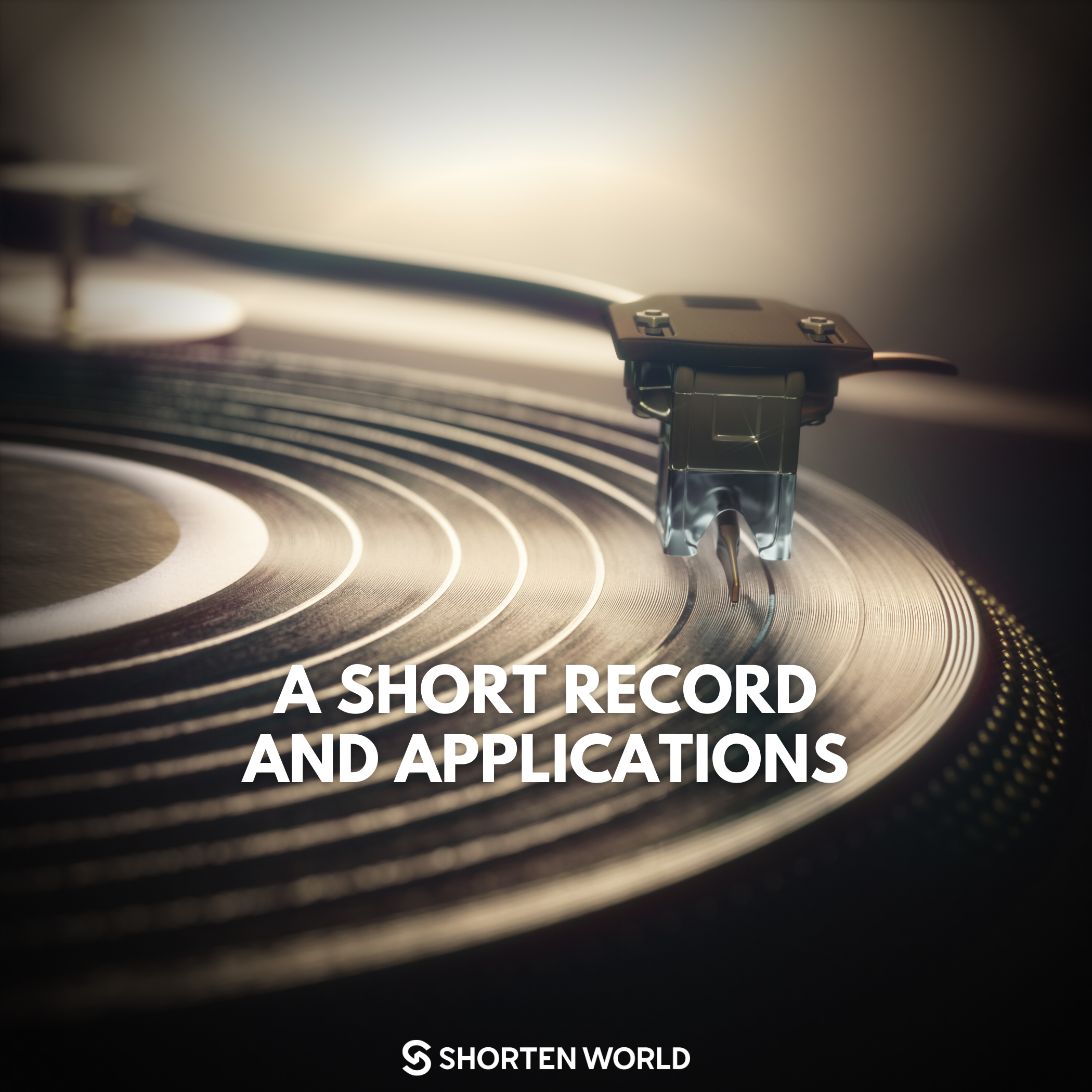Introduction
In an era where data is as valuable as currency, understanding the nuances of different data types is crucial. A short record, often encountered in databases, file systems, and information technology, is a concise compilation of data or information. This article embarks on a journey to explain the concept of a short record, its significance, and its applications across various sectors.
Understanding Short Records
Definition of a Short Record
A short record is typically a condensed form of data or entry in a database. It is characterized by its brevity and usually contains only the most essential information. The idea is to provide a quick reference or snapshot that can be easily accessed and digested, contrasting with longer records that may contain more detailed information.
A short record like a short link which redirects your short URL to a destination website with long URL from a URL Shortener
If you want to get a bigger shortcut we recommend it likes a Link-in-Bio where you can list many short URLs to go each destination website. At here we expect you have many short records to access
Importance in Data Management
In the world of data management, short records play a vital role. They help in improving the speed and efficiency of data retrieval, ensuring that systems can access and process necessary information without wading through extraneous details. This is particularly important in environments where speed and efficiency are paramount, such as real-time data processing systems and high-frequency trading platforms.
Applications of Short Records
In Databases and File Systems
Databases often use short records for indexing and managing entries. These records act as summaries or pointers to longer, more detailed records. File systems similarly use short records to manage metadata about files, such as names, types, sizes, and creation dates, allowing for faster search and retrieval operations.
In Business and Administration
Businesses leverage short records for various purposes, including customer relationship management (CRM), where brief customer profiles help in quick service or sales strategies. In administration, short records facilitate swift document retrieval, scheduling, and communication, making operations more streamlined and effective.
Challenges and Considerations
Accuracy and Completeness
One of the challenges with short records is ensuring that they accurately and effectively represent the full data. There's a fine balance between brevity and completeness, and it's vital to ensure that the short record contains all necessary information to be useful without being misleading or too vague.
Privacy and Security
Short records, like all data, must be handled with considerations of privacy and security. Ensuring that these records do not inadvertently reveal sensitive information is crucial, especially when they are used in public or semi-public systems.
Future of Short Records
Technological Advancements
As technology evolves, so too does the concept and utility of short records. Innovations in data compression, processing, and artificial intelligence are continually reshaping how short records are created, used, and optimized.
Integration with Big Data
With the explosion of big data, short records might play an increasingly important role in providing manageable insights and summaries from vast datasets. They could act as the entry point for deeper data explorations or as standalone insights for quick decision-making.
Conclusion
Short records are more than just brief data entries; they are a critical component in efficient data management and processing. Understanding what constitutes a short record, how it is used across various fields, and the challenges associated with its use is essential for anyone working in data-intensive fields. As we continue to advance into a data-driven future, the role of short records is set to become even more integral, providing snapshots of information in an ever-expanding sea of data. In mastering short records, we can ensure that our data is not only vast but also accessible, understandable, and actionable.

